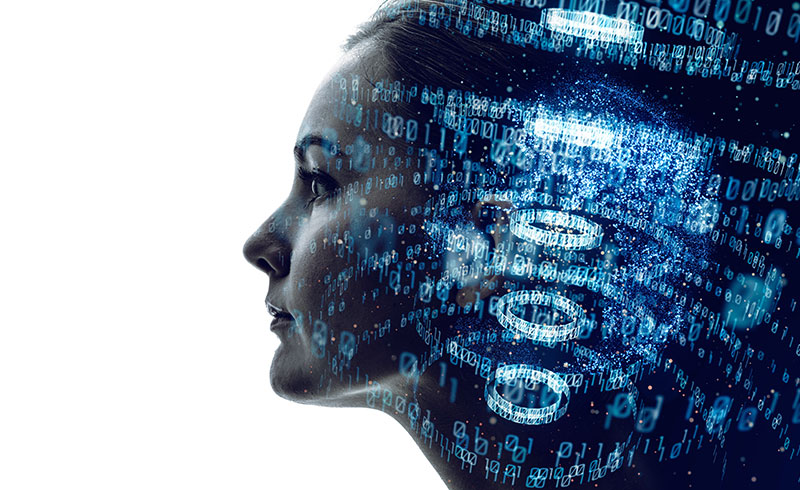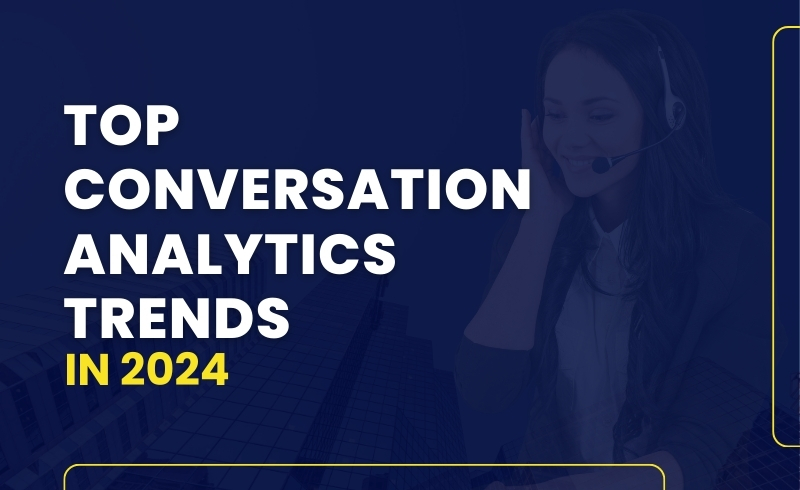The Rise of Deepfakes and Voice Cloning: What It Means for Businesses and Individuals
In the realm of artificial intelligence, deepfake technology has rapidly evolved and captured the attention of consumers and businesses worldwide. This innovative technology has the potential to revolutionize various industries, including entertainment, media, and advertising by generating highly realistic and sophisticated digital content. It can create convincing digital representations of people, objects, and scenarios, unlocking new possibilities for creative expression and storytelling. However, the unprecedented realism of deepfakes also raises concerns regarding potential misuse by adversaries or malicious actors. This misuse could lead to the manipulation of digital content, resulting in fraud, loss of trust in organizations, and damage to personal reputations.
Understanding Deepfake and Voice Cloning
Deepfake and voice cloning are interconnected yet distinct concepts. Deepfake technology involves employing advanced AI algorithms to produce media—videos, audios, images, and text—that deceptively appear realistic, despite being fabricated or altered. Voice cloning, on the other hand, is a unique subset within deepfake technology, focusing on audio manipulation. With this technique audio content can be synthesized that sounds like a specific individual.
Deepfake and Voice Clone Consumer Sentiment Report, released in October 2023, is grounded in a survey of 2,000 US adults. This report serves as a valuable resource offering insights into current sentiments and attitudes of consumers toward these emerging technologies. Here are some of the main takeaways from the report:
1. Consumer Awareness & Sentiment
The term "Voice Clone" has not only become a part of the public consciousness but has also emerged as a concerning phenomenon. Almost two-thirds of respondents (63.6%) are familiar with voice clone technology, with a significant portion expressing serious concerns. The survey reveals that over 90% of them reported some level of concern about these technologies, with around 60% characterizing their worry as either "extremely" or "very" high.
In assessing consumer sentiment toward voice cloning, almost half of the participants (49%) conveyed a negative sentiment, while approximately one-third (34%) expressed positive opinion. An intriguing observation is that those with positive sentiment also tend to exhibit the highest levels of concern toward these technologies. This suggests that concerned consumers recognize both the potential benefits and risks associated with these technologies.
Social media platforms have become key arenas for consumer exposure to deepfakes and voice clones. Moreover, movies, news media, and television also significantly contribute to introducing these technologies to consumers. This study also revealed that awareness of these technologies varies greatly depending on age and income. Familiarity with deepfakes and voice clones is higher in younger age groups who are more active social media users and gradually decreases with age. Furthermore, consumers with higher incomes are more likely to be familiar with both deepfakes and voice clones. This highlights the impact of economic level on exposure to and understanding of these technologies.
2. Concern Across Domains
The potential for deepfake technology to be used in the manipulation of personal data, including financial information, health records, and identity documents, raises significant concerns for individuals. The consequences of such manipulation can include financial fraud, reputational damage, and privacy violations. These concerns are also evident in the survey findings, with Banking (67.5%) emerging as the area of most intense deepfake concerns. It is followed closely by Politics/Government (54.9%), Media/Disinformation (54.9%), and Healthcare (50.1%).
According to 40.8% of the respondents, companies in the sectors of Banks, Insurance & Healthcare, where sensitive data is at risk, have already implemented measures to protect their customers against deepfake. This expectation increases by up to 50% among high-income users. However, considering that deepfake detection solutions are still in the early stages of development, the optimistic expectations of consumers may not be fully met in real-world situations.
3. Interest in Voice Authentication
The survey findings suggest a strong correlation between consumers' concerns about voice cloning technology and their interest in voice authentication. When asked to define voice clones, nearly half of the respondents associated this technology with being "used by criminals to commit bank fraud". This perception highlights a significant concern among consumers regarding the potential misuse of voice cloning technology, particularly in the context of financial fraud. It also indicates the interest of more than half of consumers in adopting voice authentication technology to prevent fraudsters from utilizing cloned voices to access bank accounts and other sensitive information. This rate appears to reach up to 70% among those with higher levels of concern about voice clones.
In conclusion, the report highlights a growing consumer awareness and concern about the potential misuse of deepfakes and voice clones. At the same time, there is an increasing demand and expectation for companies to verify speakers' identities and prevent fraud. Traditional authentication approaches, such as passwords, PINs, and one-time passwords (OTPs), have struggled to keep pace with rising data breaches and hacking attempts, leaving individuals and organizations vulnerable. Therefore, voice authentication technologies that are equipped with synthetic voice detection capabilities have become more crucial than ever. These technologies can offer an additional layer of security, mitigating the risk of fraud and ensuring only genuine live voices are used for authentication while maintaining a seamless user experience.
Knovvu Biometrics
Monitoring more than 100 unique parameters of the voice, Knovvu Biometrics, the brand name of SESTEK’s voice biometrics solution, can authorize callers within seconds. Being a language, accent, or content independent, it provides a seamless experience in real-time. With the blacklist identification feature, the solution crosschecks caller voiceprint with the blacklist database and enriches security measures against fraud.
Visit our solution page for more details on authentication at contact center operations.
Author: Mert Çıkan, Product Owner, SESTEK









